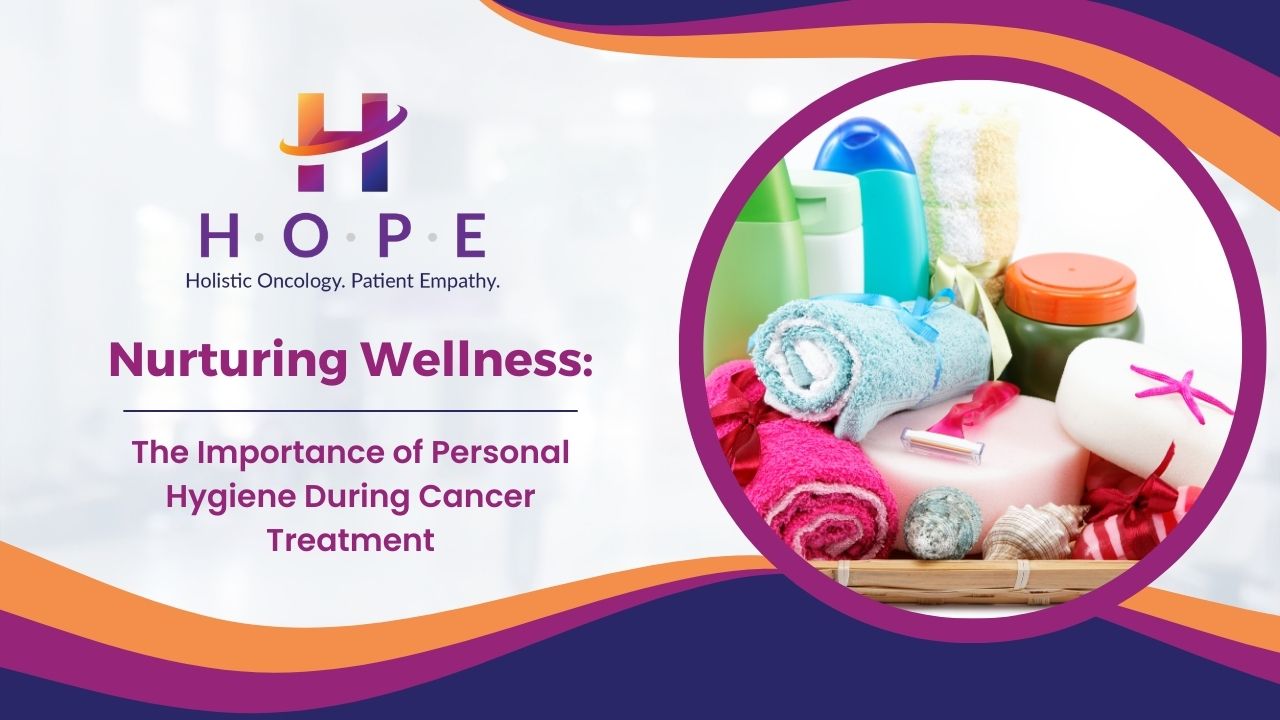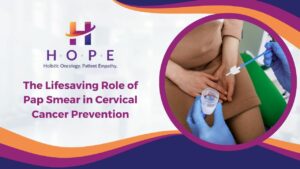Introduction:
Maintaining personal hygiene during cancer treatment is not just about staying clean; it is an integral part of self-care that contributes to overall well-being. Cancer treatment, which often involves chemotherapy, radiation, and other therapies, can take a toll on the body. In this article, we explore the significance of personal hygiene during cancer treatment, the unique challenges individuals may face, and practical strategies to promote cleanliness and comfort.
I. Understanding the Importance of Personal Hygiene:
Preserving Dignity and Confidence:
Personal hygiene is closely tied to one’s sense of self. Despite the physical challenges posed by cancer treatment, maintaining personal cleanliness helps preserve a sense of dignity and confidence, contributing to improved mental and emotional well-being.
Reducing the Risk of Infections:
Cancer treatments, particularly chemotherapy, can weaken the immune system, making individuals more susceptible to infections. Practicing good personal hygiene, including regular handwashing and body cleanliness, is a fundamental measure to reduce the risk of infections.
Enhancing Comfort and Well-Being:
Cancer treatment often comes with side effects such as nausea, fatigue, and skin sensitivities. Personal hygiene practices, such as gentle skincare routines and maintaining oral health, contribute to overall comfort and well-being.
II. Unique Challenges of Personal Hygiene During Cancer Treatment:
Skin Sensitivities:
Cancer treatments can make the skin more sensitive and prone to dryness or irritation. Using fragrance-free, hypoallergenic products and avoiding harsh chemicals becomes essential to prevent skin discomfort.
Hair Loss:
Hair loss, a common side effect of chemotherapy, may impact traditional hair care routines. Individuals may choose to use gentle shampoos, soft brushes, or even explore head coverings to maintain comfort and cleanliness.
Fatigue and Limited Mobility:
Cancer treatment can cause fatigue and limit mobility, making daily tasks more challenging. Streamlining personal hygiene routines, using assistive devices, or seeking support from caregivers can help overcome these challenges.
III. Practical Strategies for Personal Hygiene:
Gentle Skincare Routine:
Opt for mild, fragrance-free soaps and moisturizers to avoid skin irritation. Keeping the skin clean and well-moisturized can mitigate dryness, a common side effect of cancer treatment.
Oral Care:
Maintaining oral hygiene is crucial, especially during cancer treatment. Using a soft toothbrush, alcohol-free mouthwash, and staying hydrated contribute to oral health and reduce the risk of infections.
Adapting Hair Care:
For those experiencing hair loss, using mild shampoos and conditioner becomes essential. Some individuals may choose to embrace head coverings, hats, or scarves for added comfort and confidence.
Regular Handwashing:
Hand hygiene is paramount in preventing infections. Wash hands regularly with soap and water, and consider carrying a small bottle of hand sanitizer when access to soap is limited.
Assistance with Bathing:
If fatigue or mobility issues make bathing challenging, consider using a shower chair, handrails, or seeking assistance from a caregiver. Maintaining cleanliness is vital for comfort and infection prevention.
Choosing Comfortable Clothing:
Opt for loose-fitting, breathable clothing, particularly if there is skin sensitivity or discomfort. Soft fabrics can help minimize irritation and enhance overall comfort.
Hydration and Nutrition:
Staying well-hydrated and maintaining a balanced diet contribute to overall health, which, in turn, reflects in personal hygiene. Nutrient-rich foods support skin health and aid in the body’s healing process.
IV. Emotional and Psychological Well-Being:
Self-Care and Mindfulness:
Personal hygiene routines can serve as moments of self-care and mindfulness. Taking the time to care for oneself, even in small ways, can have a positive impact on emotional well-being.
Seeking Support:
Don’t hesitate to seek support from healthcare professionals, caregivers, or support groups. Discussing personal hygiene challenges openly can lead to practical solutions and emotional support.
Conclusion:
Maintaining personal hygiene during cancer treatment is a vital aspect of self-care that contributes to both physical and emotional well-being. Despite the unique challenges that may arise, individuals undergoing cancer treatment can adopt practical strategies to promote cleanliness, comfort, and a sense of normalcy. Recognizing the importance of personal hygiene as an integral part of the healing process, and seeking support when needed, can empower individuals to navigate this aspect of their journey with resilience and dignity.








